Vladimir Putin’s crony Yevgeny Prigozhin smells profit in Sudan conflict
If Wagner Group funded paramilitaries get the upper hand in Sudan, it means decisive Russian control over an African kleptocracy with gold mines and ready access to a Red Sea port.
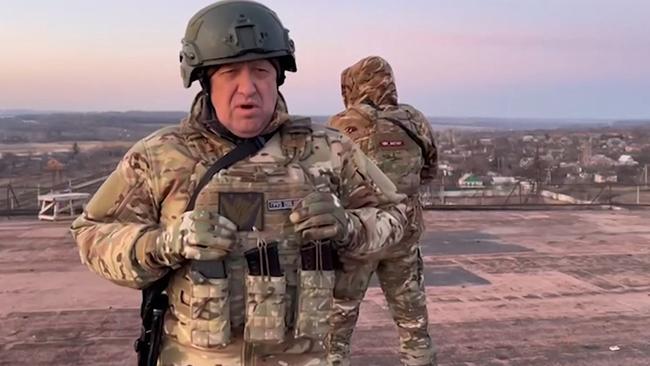
Vladimir Putin’s former chef, Yevgeny Prigozhin, is cooking up a storm in Africa. His guns-for-hire Wagner Group has trained and equipped a well-funded paramilitary outfit in Sudan that is ripping apart the country. If these so-called Rapid Support Forces (RSF) get the upper hand over Khartoum’s army, Prigozhin’s mercenaries will be close to a goal that has eluded them until now: decisive Russian control over an African kleptocracy with gold mines and ready access to a Red Sea port.
To outsiders, the fighting in Sudan may look like a bloody mess but to Prigozhin it represents a commercial opportunity. One, moreover, that has come at a politically useful moment. The Ukraine war has exposed some of the many tensions between Russian top brass and the Wagner Group, which is seen by generals as both dishonourable and unduly privileged.
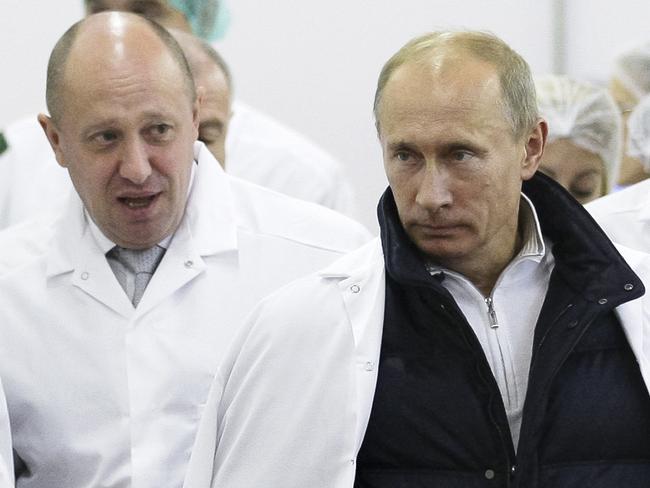
They were disturbed by video footage of Prigozhin recruiting convicts to his private army.
And dumbfounded when he recorded a public plea in February for more ammunition for his soldiers in the slaughterhouse of Bakhmut. The clip accused the defence ministry of deliberately denying him the firepower he needed and was clearly an attempt to get Putin personally involved. Result: plenty of enemies in the Russian military establishment. And more ammo.
His latest filmed social media intervention was an appeal to Putin to wind up the war, declare a victory in Ukraine, give due credit to the Wagner stormtroopers in Donbas and move on. That, too, is not public policy and it has been puzzling observers inside and outside the Russian military. After all, war, not peace, is part of his business model. Is he paving the way for a breathing space on the Ukrainian battlefields, a strategic pause?
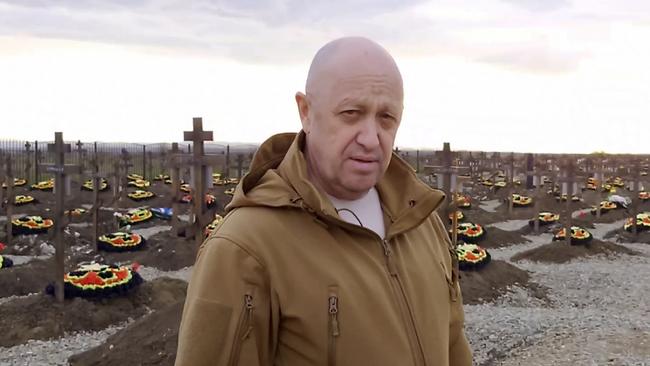
The latest African conflict offers a more likely explanation. Prigozhin is following the money. There is no profit for the Wagnerians in Ukraine. The recruitment of convicts (lured by the promise of pardons) has stopped. Now Prigozhin has to pay top dollar to train, replenish, keep happy his killers and compensate their families if they are killed in combat. Some 30,000 Wagnerians have died in eastern Ukraine, according to US estimates; 9,000 of them were convicts. The churn of meat-grinding attritional warfare, the constant cycle of recruitment, is from the point of view of Wagner management not very profitable.
Africa, by contrast, offers good returns. A continent with 30 per cent of the world’s oil and minerals will always be a serious employer of private security. By the time the Sudanese dictator Omar al-Bashir was beginning to flounder, Russia was already beginning to make a name for itself as a private military contractor. Russians with experience in Syria and the 2014 annexation of Crimea were available for hire.
Bashir had formed the RSF a decade ago from the Janjaweed militias that were part of the vicious Darfur genocide. Wagner with its battle experience, its opaque but active relations with Russia’s GRU military intelligence, its modern kit, seemed like a natural fit. Even after Bashir’s fall in 2019 - he now resides in a comfortable prison hospital - the relationship continues.
The head of the RSF, Mohamed Hamdan Dagalo (known as Hemedti) provides security for a gold-mining company run by a Prigozhin-controlled company. The concession was granted by Bashir. For Prigozhin and the Wagner Group there are rich pickings too in the borderlands between Sudan and the Central African Republic (CAR). Naturally, Prigozhin is placing his bets on a victory for Hemedti over the army establishment headed by General Abdel Fattah al-Burhan. The US and Egypt have been pressing Burhan to expel Wagner from Sudan and to domesticate the RSF by integrating its fighters into the national army.
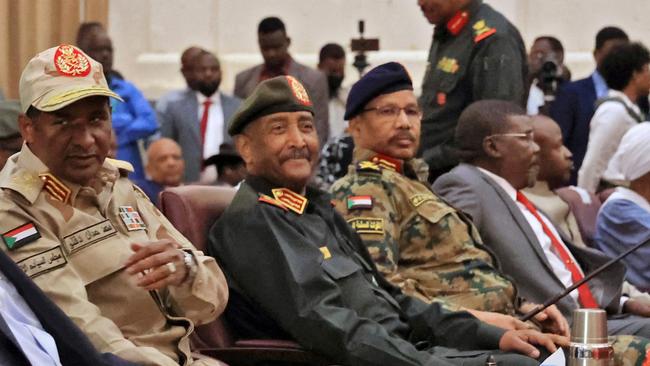
That’s why Russia has skin in the game. If its favourites win out, Wagner and Putin’s interests will profit. A warm-water port perhaps, a corridor that links the natural resources of the CAR (gold and diamonds) and Sudan. Thanks to Wagner, which has stakes in 15 African countries - not just muscle but civil and mining engineers and election “advisers” - Russia can count on African votes to oppose, or at least abstain from, critical United Nations motions against the Ukraine invasion. The Russians help protect the status quo in countries such as Mali where they fill the vacuum left by the exhausted French. And African gold doesn’t just help keep the Ukraine war going for a while longer, it helps an economy that has been denied access to international finance.
Prigozhin knows his value to Putin is not just loyalty and his ability to provide cannon fodder. He is a bridge to the global south; no diplomat for sure but more than just a handy thug. Prigozhin’s enemies wonder whether his Africa profits find their way into Kremlin coffers or whether he is allowed to hang on to them, providing he stays loyal.
There is a suspicion, too, that Prigozhin may be developing higher political ambitions, if only as a bit player in the Putin succession. Putin and his caterer both come from a similar scrappy Leningrad background and it’s difficult at the moment to see Prigozhin deserting his mentor. But a time of high risk is approaching for Putin: there are plenty of people waiting for him to stumble if he misjudges the Russian political and public mood ahead of peace talks.
In the meantime, there will be an intensifying purge at home to demonstrate Putin’s firmness, and yet more butchery on the battlefield in Ukraine and beyond. Prigozhin is still needed for that; the blood on his hands is indelible.
The Times


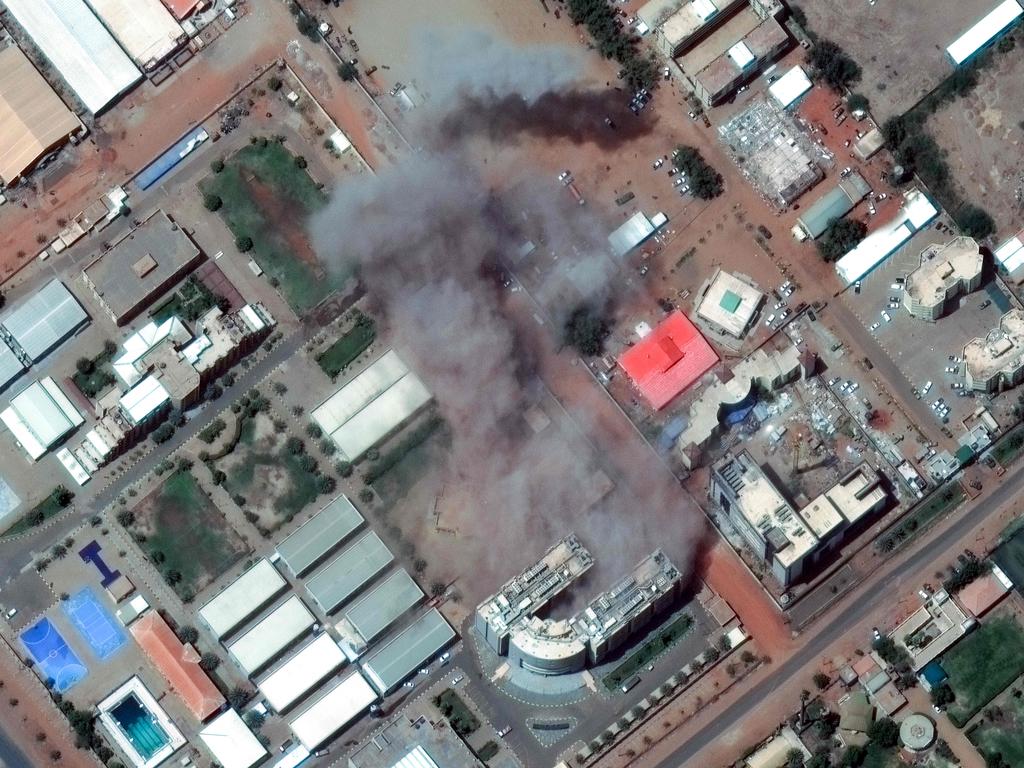
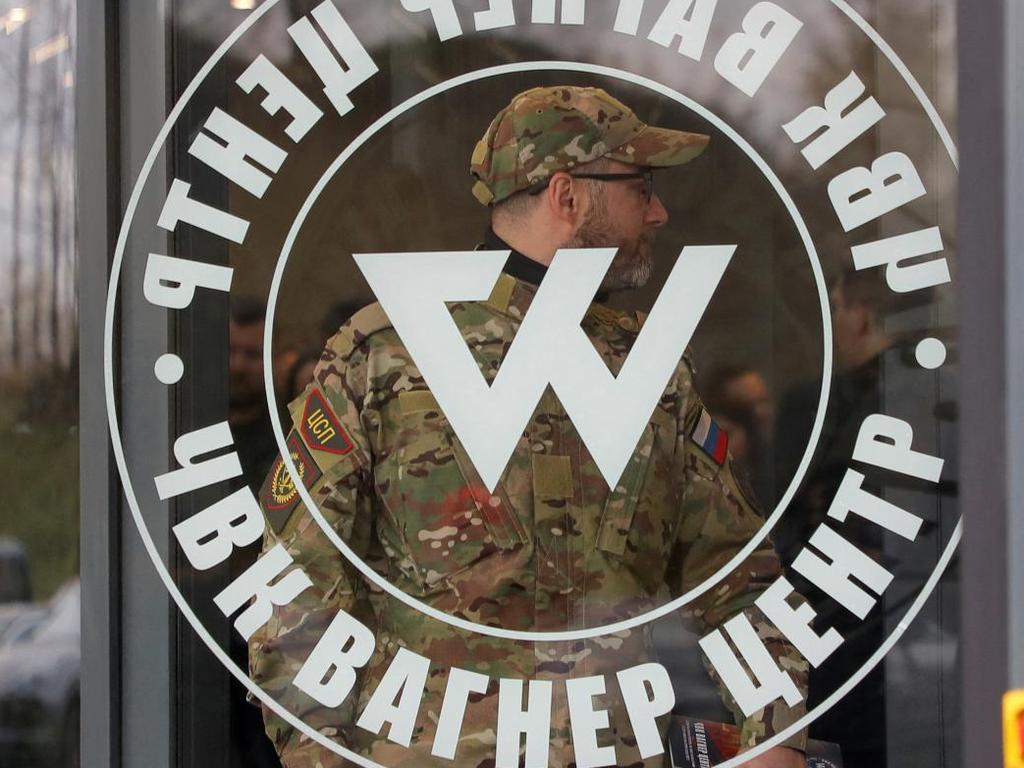
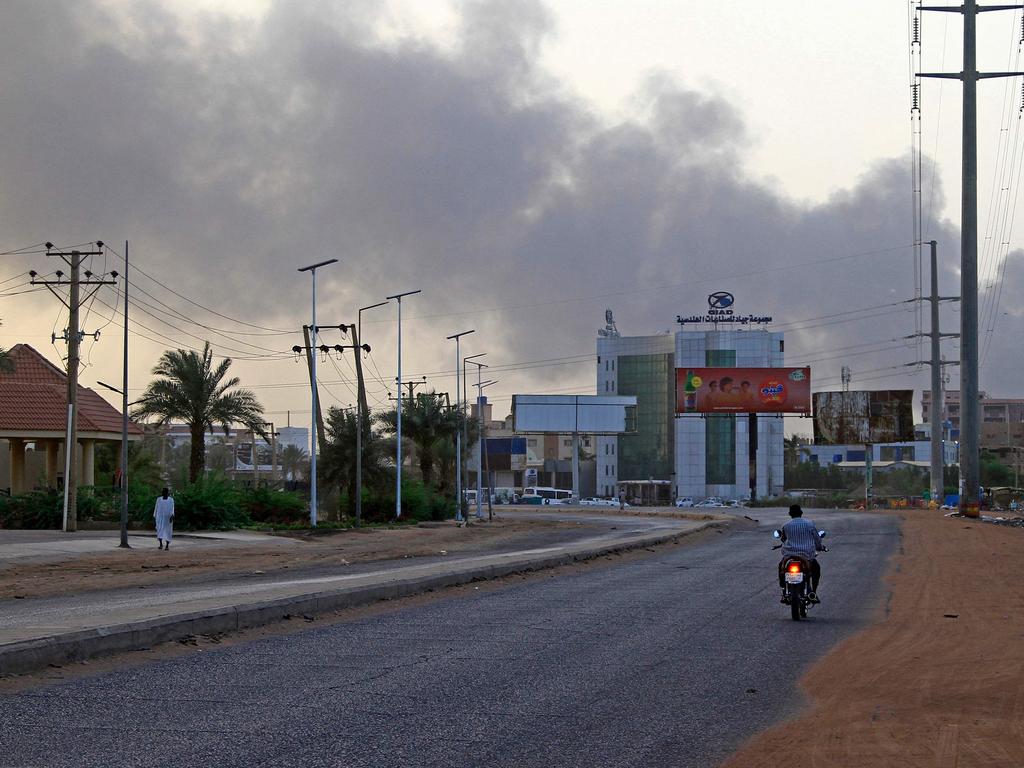
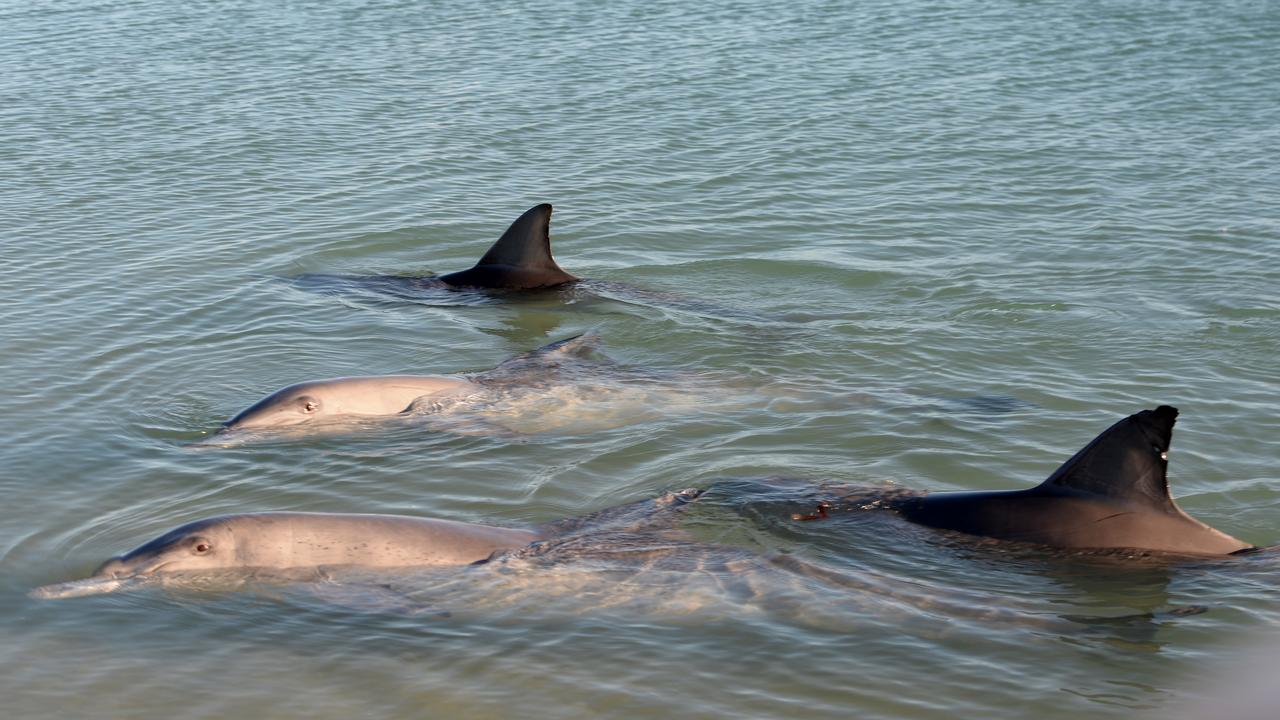

To join the conversation, please log in. Don't have an account? Register
Join the conversation, you are commenting as Logout